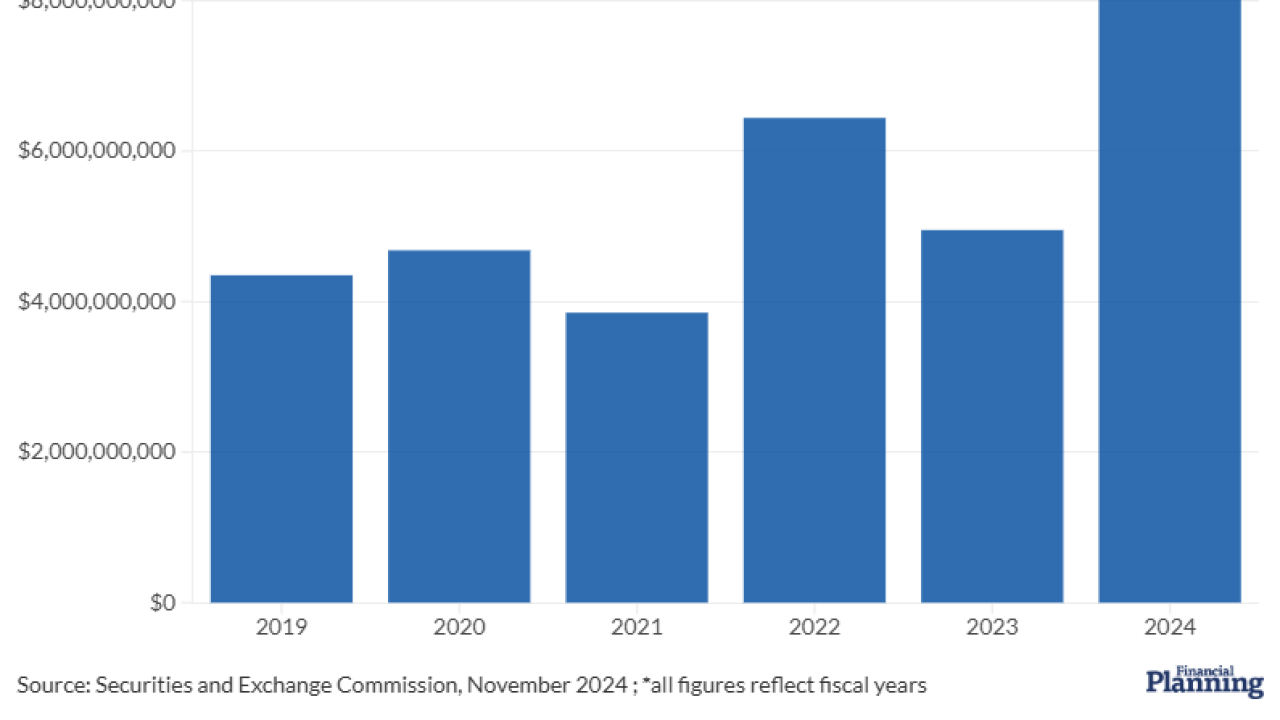Complimentary access to top ideas and insights — curated by our editors.
Workers spend their lives planning, saving and dreaming of their life in retirement, yet for many, it's not all it's chalked up to be.
According to
Read more:
ConsumerAffairs found that many current retirees' regrets are related to their finances. While the average retiree has around $172,000 saved by retirement age, according to the Transamerica Center for Retirement Studies, factors
Check out these top regrets — and how employees can avoid making them well before retirement age.






